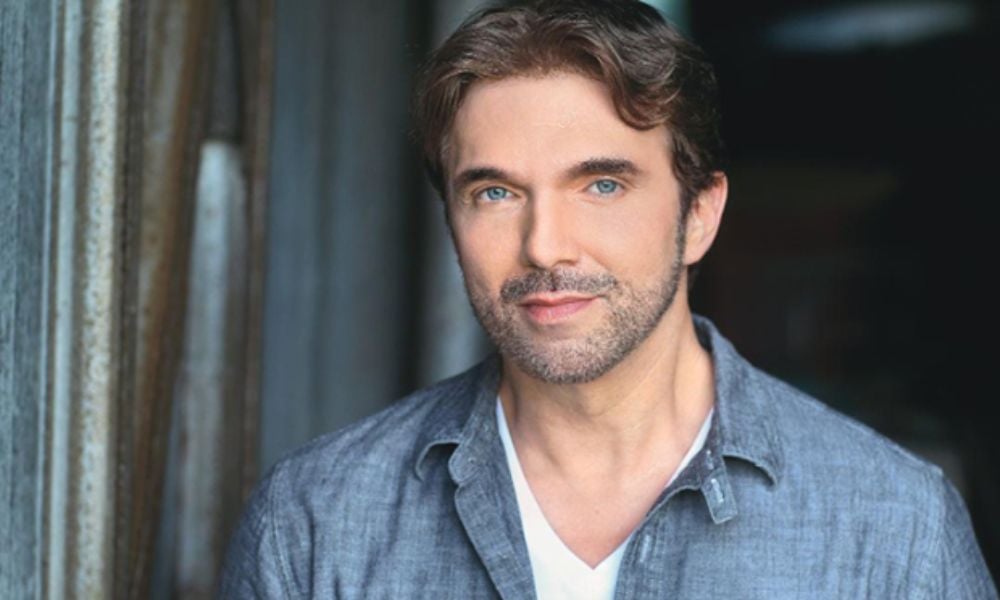Actor dramatizes his experience in production of Billy Elliot in new podcast

Theater actor Sean Hayden landed a dream job as a leading actor at one of the country's top theatres, the Goodspeed Opera House in Connecticut, in the production of Billy Elliot the musical. Initially, it was one of the happiest times of his life.
"Things really started to go south in my workplace when I didn't feel heard or recognized when I was expressing that I did not feel safe in the production," explains Hayden, who says eventually his concerns compounded in a way he had never experienced before, resulting in a panic attack.
“I collapsed during the live performance. My body was dragged off the stage, and I started sobbing uncontrollably in the wings," says Hayden.
Hayden’s story of physical safety and mental health issues in theatre is the subject of a new podcast called ‘Stage Combat: A Mental Health Story’ which dramatizes his life. It not only takes the listener into the insular world of the theatre industry but also shows how a mental health crisis can occur and its aftermath.
"Theatre is really different because we're called on not only to engage in physical activity, but the production has staged combat sequences. We're required to do things no other industry requires you to do."
Hayden's role in Billy Elliot had him engaging in physical stage fights and crying twice a show, eight times a week. "So that's 16 cries. Imagine your own body going through that in your personal life, if you cried 16 times in one week,” explains Hayden, who stresses the importance of recognizing that theatre is different from any other industry because of the unique physical and emotional demands placed on performers.
Hayden says stage performers are trained to practice self-care to keep up with the demands of a role, but he says they are not trained to perform when they do not feel safe in the workplace. “It is incumbent upon theatre owners to provide a safe workplace to risk yourself to be that vulnerable.”
Hayden describes Billy Elliot as a “very violent show.” He would perform three stage combat sequences a night, “and one was particularly long and dangerous.” Hayden says these scenes are carefully choreographed, but he says one small mistake can throw off the entire sequence. “There's a real risk of suffering an injury that could alter your career, it could alter your life, or something worse.”
Then there are the risks posed by the sets. Hayden says many productions have two-tiers, creating a working-at-heights risk. “We're climbing up and down stairs, we're on catwalks. This production had a set that was designed like that.” For Hayden, confronting those physical safety risks several times a week led to his mental health crisis.
The podcast is unique in that it is both a dramatic storytelling and a mental health conversation. The first part is a 20-minute serialized story that always ends on a cliff-hanger, followed by a 10-minute conversation with a mental health professional about the dramatization.
"And so listening to the entire 35-minute episode, you really have a unique experience of being thrown into this world and then just hearing a mental health professional's take on what the listener just heard," says Hayden. He hopes it sparks a broader conversation about mental health and theatre safety.





